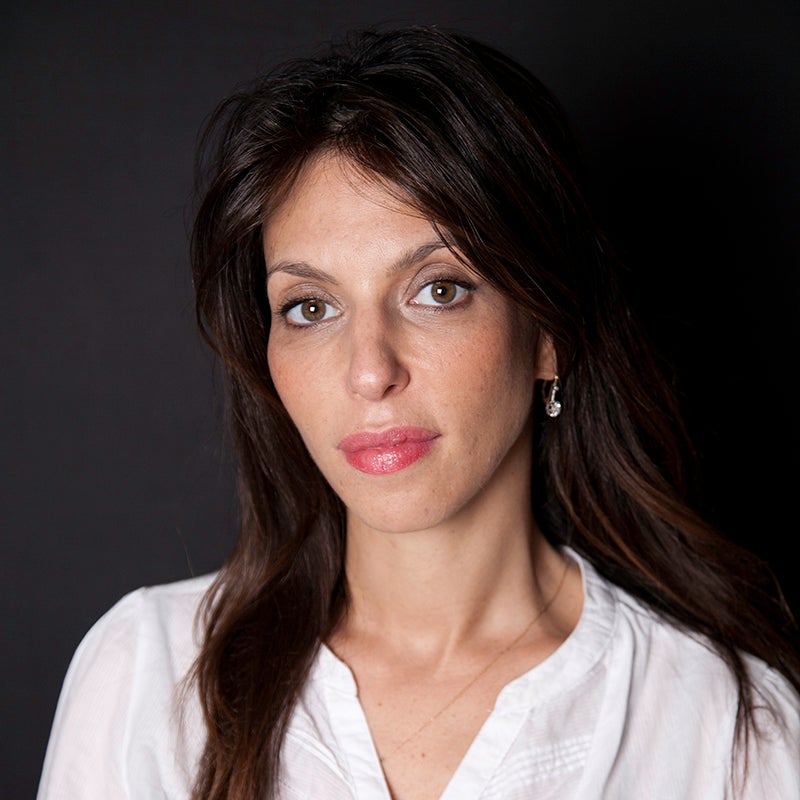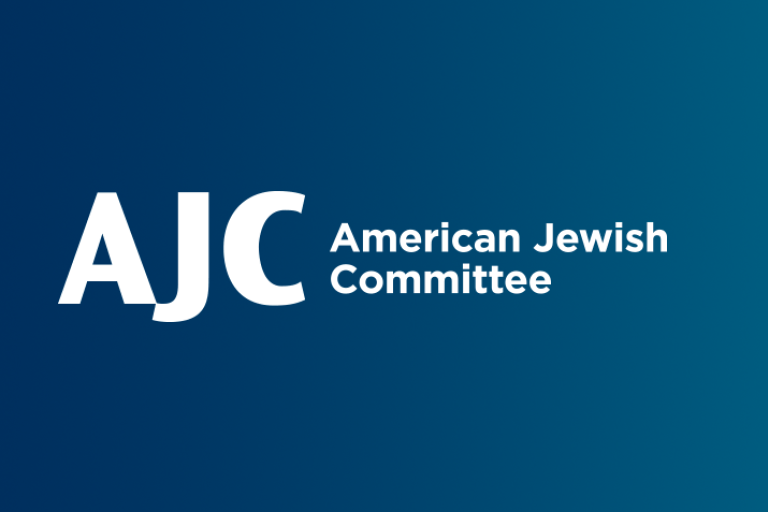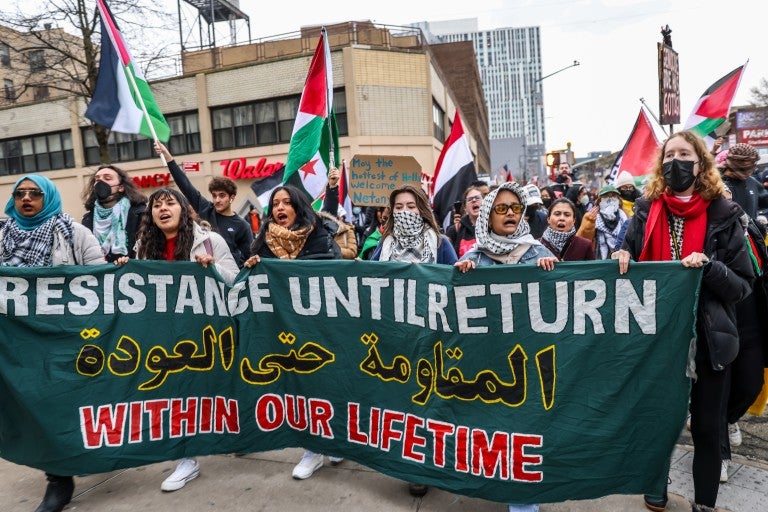One year ago, France was struck in the heart of its capital as Islamist terrorists killed 130 people who were attending a concert, watching a football match, having a drink with friends, chatting, dancing, loving each other—in short, living freely.
We do not forget them: indeed, we cannot forget them. We can still picture their young faces and smiles from social media, remember the testimonies of survivors, and see the tears of loved ones. Unfortunately, other faces have since appeared on our screens, those of the victims of yet more acts of terror. We think, of course, of the priest Jacques Hamel, of those fallen on the July 14 in Nice, and also of those who lost their lives in Brussels or Orlando.
Since the atrocious attacks at Charlie Hebdo and the Kosher Market, our country has been at war against the genocidal madness of ISIS, knowing that the terrorists target Jews, apostates, law enforcement agencies, and cartoonists who depict Mohammed. Since November 13, 2015, we know that anyone can be the next target. The objective of ISIS is to wipe out who we are, to inculcate in us a sense of fear that destroys our democracy, our liberties, our rights, our way of life.
What has happened in the past year? Are we still in denial over the extent to which our country faces the Islamist danger?
Have we become more resistant to relativists who minimize or justify the jihadist threat? Have we witnessed a true alliance of European democracies, including cooperation and the exchange of intelligence against terrorism, and perhaps creation of a European army? Have we responded effectively to the apprentice sorcerers of Islamism who infantilize our Muslim compatriots and try to separate them from the rest of French society by telling them that the latter rejects them, that France is intrinsically racist and that they will never integrate into our society? Have we prevented the populists from exploiting these fears and circulating their exclusionary propaganda? Have we convinced their constituents that their anger is misguided?
We know the response to these rhetorical questions all too well—no, or not enough.
Aside from empty words, little has been done to defend our values of liberty, equality, and fraternity in the face of nauseating propaganda that tries to divide our society and shock civilization. Little has been done to explain what these values actually mean and how important it is for us to cling on to them, to lead a real ideological war against Islamism.
We need to do everything in our power to ensure that Europe does not, like Qatar and Saudi Arabia, finance a violent, backward vision of Islam. We need to do everything in our power to respond to the concerns of those who will otherwise seek refuge from their suffering by voting for extremists.
Our Western democracies have never been so divided, fractured, and threatened, not only by jihadist violence, but also by the xenophobic and extremist reactions it has provoked. We no longer have a choice: liberal democracies need to lead the battle against the ideologies of hatred perpetuated by Islamists, and they must do it now. If we give up or delay, the extremists—particularly the European extreme right that is financed by Russia—will triumph.
Making speeches, writing articles and hosting forums is not enough. We need to act to show that our society, our values will always be preferable to those that are exclusionary. We must go beyond slogans and actually meet with those that feel abandoned and outcast.
Let’s be clear on this point: it is not inevitable that our liberal democracies will be rejected, the alternatives are grossly inadequate.
We must begin by denouncing Islamist barbarism.
Then, we need to stop tolerating constant challenges to the laws of our Republic, the deals that thugs make with the authorities to keep from being held to the same standard as others.
And we need to go further—to combat the illegal flow of money that finances terrorism, to advocate for a European travel authorization system, like in the U.S., and mobilize all European police forces to monitor the movements of radicals.
We need to involve citizens in the fight against terrorism, and not just those in the citizen reserve. We must train our young to be vigilant, to give first aid when needed, and to react when they see threats, even if that means placing themselves in danger.
Finally, we must build a counter-discourse. This should start in prisons, with programs that prevent radicalization. Across our country, we need to reinforce a sense of love and pride for the Republic by opening up our suburbs, promoting an entrepreneurial spirit, giving each citizen the tools to succeed and guidance on how to establish a company, helping individuals find temporary jobs that offer future prospects, instilling faith in those who are our future but no longer believe they have an equal opportunity.
The media must stop interpreting statements from Islamic organizations like UOIF and CCIF as if they come from the larger Muslim community. Moreover, we need to stop self-censorship. Yes, we must fight against all racist temptations to denounce Muslims, the great majority of whom have nothing to do with jihadists. But there is no room for compromise with those who continue, in one way or another, to defend the Salafists and Islamists, or to minimize the significance of their actions.
In this regard, our leaders need to back those voices in the Muslim world that support our democratic model and to denounce the interference of dictatorships that want to strengthen the role of Islam in France.
Beyond commemorations and moments of silence, the best homage we can give victims is to hold ever tighter to our belief of human dignity and to reinforce its value. Let us create a stronger moral immune system, an “ideology” more powerful than that of our enemies.
In the face of apathy, discouragement, and resignation, let us choose to fight.
Simone Rodan-Benzaquen is director of AJC Europe.
*Translation of original French language op-ed



